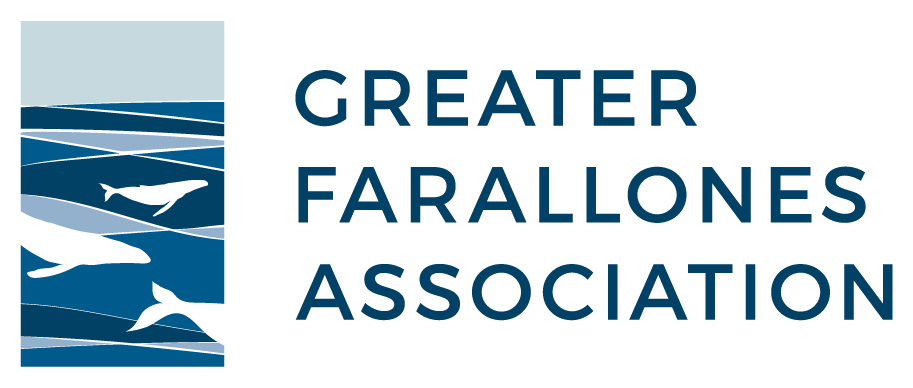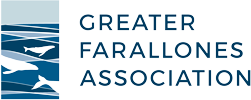LiMPETS Programs
Virtual Options Available to All Teachers:
1. Virtual Natural history exploration of Rocky Intertidal or Sandy Beach ecosystems:
Students learn how and why we monitor these ecosystems and how climate and ocean change are impacting them using training tools and activities in the LiMPETS curriculum. (2 modules, no teacher workshop required)
-
-
-
-
-
-
- Grade level: 6th – college
- Duration of program(s): ~40 min – 1.5 hr (depending on number of modules)
-
-
-
-
-
Additional Virtual & Hybrid Options Available to Trained LiMPETS Teachers:
2. Hybrid Rocky Intertidal or Sandy Beach ecosystem monitoring:
Students learn how and why we monitor these ecosystems and how climate and ocean change are impacting them using training tools and activities in the LiMPETS curriculum via an interactive virtual lesson (2 modules). Students will participate in a monitoring event where they will collect ecological data (Covid safety protocols implemented).
-
-
-
-
-
-
- Grade level: 6th – college
- Duration of program(s):
-
- 1.5 hr Virtual Classroom portion (can be broken into 2, 40 min modules)
- 3 hr Field Trip
-
-
-
-
-
-
3. Ocean Acidification the Other Carbon Dioxide Problem (reading and discussion): TEACHER LED
Students read a summary about the impacts of ocean acidification and/or a literature review on ocean acidification. Teachers facilitate a discussion in which students answer a series of questions in breakout groups and share in a classroom-wide scientific discussion. (For trained LiMPETS Teachers; prerequisite – Rocky Intertidal option 1)
-
-
-
-
-
-
- Grade level: 9th – college students
- Duration: ~ 30-45 min (not including reading)
-
-
-
-
-
4. Database 101 – data analysis training for students:
Students learn how to use the LiMPETS database to visualize, export, and graph data with Excel or Google Sheets to answer a Sandy Beach or Rocky Intertidal based question, led by LiMPETS staff. (For trained LiMPETS Teachers; prerequisite – option 1)
-
-
-
-
-
-
- Grade level: Sandy Beach 6th – college / Rocky Intertidal 9th – college
- Two options for LiMPETS staff facilitation
-
- ~1 hr session per habitat learning to use the online database
- ~1 hr session per habitat learning to use graph exported data in Excel or Google Sheets
-
-
-
-
-
-
5. Science Communication Projects:
Students read scientific literature in advance and explore student-collected data online at www.LiMPETS.org with the guidance from LiMPETS staff. Students ask questions and test hypotheses then summarize their findings in the form of a blog post or scientific poster. (For trained LiMPETS Teachers; prerequisite – options 1 and 3 above)
-
-
-
-
-
-
- Grade level: 9th – college students
- Two ~1.5hr sessions with LiMPETS staff facilitating
-
-
-
-
-
Teacher Workshops
Check back soon!
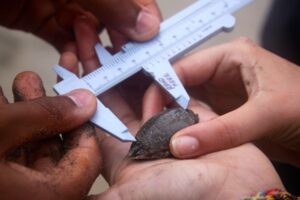
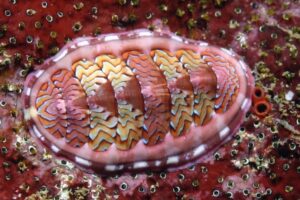
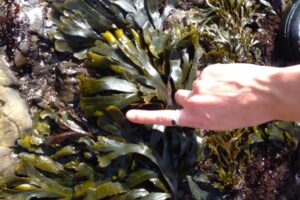
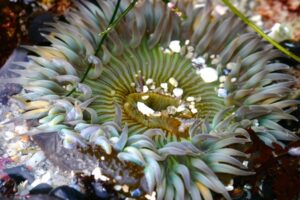
2024-25 School Year Registration
Select the program format you wish to participate in. Prior to submitting you will indicate between the Rocky Intertidal and Sandy Beach Program. A class is considered to be 35 students. For monitoring field trips, we are only offering a hybrid program, where the class training will be done virtually and data collection is in person.
Program fees ensure the quality of the LiMPETS Program and go towards staff time, equipment, teacher resources, database maintenance, and more! Thank you for your support!
Financial support, such as partial and full fee waivers and transportation scholarships, are available for any public schools that serve students facing barriers to science and coastal spaces. If financial support is needed, please select your need under the “Financial Assistance Inquiry” within the registration process. Support is contingent upon the availability of funds and the level of need. All questions can be directed to Jaclyn Schneider, jschneider@
